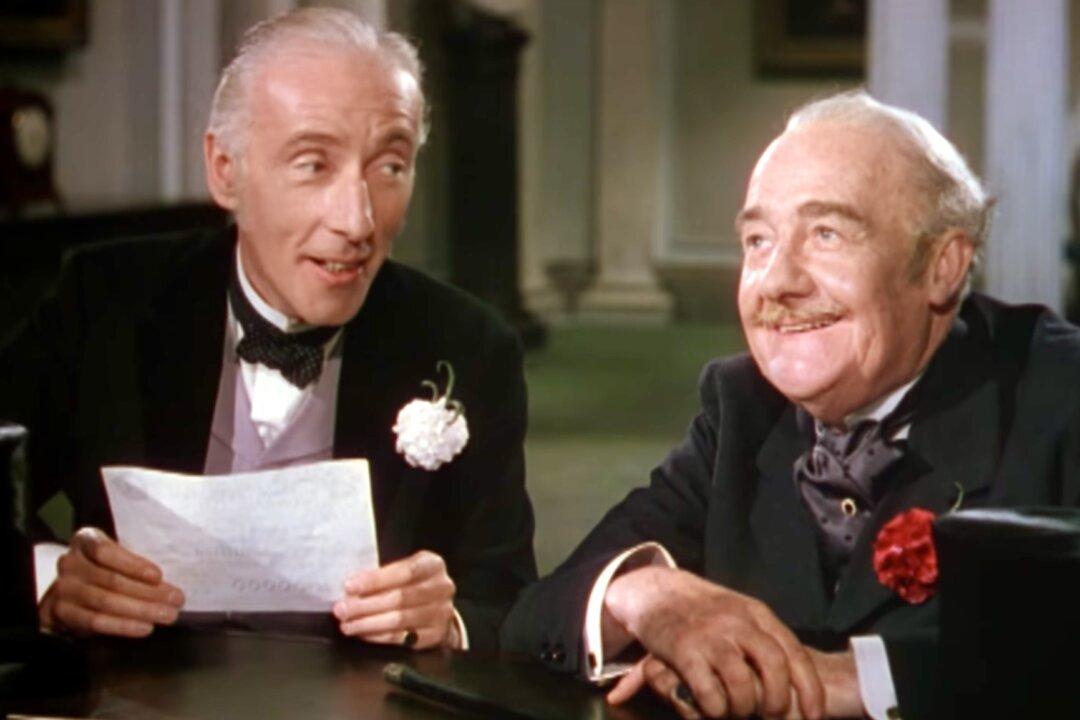NR | 1 h 30 min | Drama, Comedy | 1954
Director Ronald Neame’s film “The Million Pound Note” (1954) draws on the same storyline and characters as previous British and American adaptations of a rollicking Mark Twain short story.

NR | 1 h 30 min | Drama, Comedy | 1954
Director Ronald Neame’s film “The Million Pound Note” (1954) draws on the same storyline and characters as previous British and American adaptations of a rollicking Mark Twain short story.